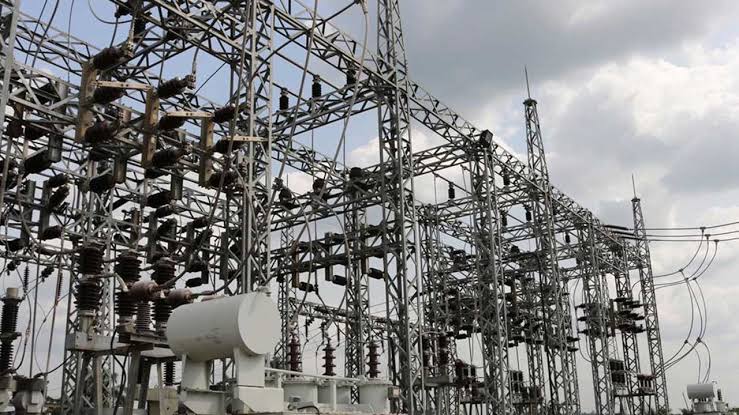On Wednesday, September 10, 2025, Nigeria experienced yet another nationwide power outage due to a collapse of the national electricity grid. This disruption, occurring around 11:20 am, plunged the country into darkness, affecting businesses and households alike. The Nigerian Independent System Operator (NISO) confirmed the incident, attributing it to the tripping of a generation company (GenCo), which triggered a cascading effect leading to the shutdown of other power plants and a complete system failure. Power generation plummeted from a peak of 3,972 megawatts to a mere 20.80 megawatts within an hour, illustrating the severity of the collapse. While NISO initiated restoration efforts promptly, beginning with Abuja, and managed to restore 1,505 megawatts by 6 pm, the incident reignited long-standing concerns about the fragility of Nigeria’s power sector.
The Federal Government laid blame on one of the GenCos for the grid collapse, but this explanation was met with sharp criticism from the Nigeria Labour Congress (NLC). The NLC condemned the government’s handling of the power sector, characterizing the recurrent grid collapses as not accidental but rather a deliberate outcome of systemic failures and vested interests within the privatized electricity market. The union vehemently rejected the government’s proposed injection of N4 trillion (approximately $2.7 billion) into the electricity companies, arguing that such a move would only reward incompetence and perpetuate the existing problems rather than addressing the root causes of the sector’s instability.
The NLC’s critique extended beyond immediate causes, highlighting a pattern of grid collapses spanning multiple administrations. From 2015 to 2025, Nigeria experienced approximately 105 grid failures, with a significant number occurring under the previous administration. The current administration, despite inheriting these challenges, has also seen several collapses since taking office in mid-2023, including a significant incident in February 2025. This consistent pattern of failures, according to the NLC, underscores the inherent flaws of the privatized model and the government’s inability to effectively regulate the sector.
The NLC accused the government of appointing individuals to key regulatory positions based on political patronage rather than competence. The union specifically cited the appointment of a former local government chairman with no apparent expertise in energy to the chairmanship of the Nigerian Electricity Regulatory Commission (NERC) as evidence of this practice. They argued that such appointments prioritize political loyalty over merit, contributing to the sector’s dysfunction. Instead of channeling funds to private companies, the NLC advocated for public investment in expanding generation capacity and upgrading the transmission infrastructure. They believe a public-led initiative would be more effective in addressing the power crisis than continuing to support failing private operators.
The union’s statement went further, demanding a comprehensive public audit of the power sector since its privatization and a fundamental review of the existing model. They called for the replacement of key leaders with experienced and patriotic technocrats, emphasizing the need for better management and increased public investment to revitalize the sector. The NLC framed the grid collapse not as a mere technical glitch but as a consequence of predatory governance and an economic model that prioritizes private gain over public good.
The NLC concluded its statement with a strong warning to the government, emphasizing its resolve to take action if the situation doesn’t improve. They declared their intent to ensure stable electricity supply “by any means necessary,” signaling a potential escalation of their efforts if the government fails to address their concerns and implement meaningful reforms in the power sector. This strong stance reflects the growing frustration among Nigerians with the persistent power outages and the government’s perceived inaction in resolving this critical national issue. The NLC’s call for transparency, accountability, and a fundamental shift in the power sector’s governance signals a potential turning point in the ongoing debate over Nigeria’s electricity woes.


